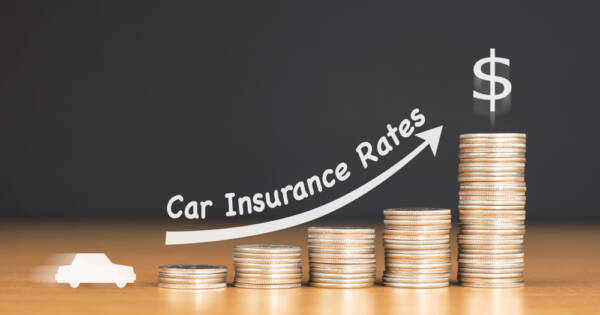Pay-per-mile insurance is becoming a popular option for drivers who want more control over what they spend. Instead of paying a fixed rate, the cost is based on how much you actually drive, making it appealing for people with shorter commutes or flexible schedules. With simple tracking tools and clear monthly breakdowns, the model can offer savings and transparency. It also gives drivers a chance to match their coverage more closely to their real driving habits.
What is Pay-Per-Mile Insurance?
Pay-per-mile insurance, also known as usage-based insurance (UBI), is a type of car insurance that charges drivers based on the number of miles they drive. Unlike traditional insurance policies that charge a flat rate regardless of how much a person drives, pay-per-mile insurance allows drivers to save money by paying only for the miles they actually use. This can be particularly beneficial for low-mileage drivers who may not need the full coverage of a traditional policy.
Pay-per-mile insurance policies typically use a device installed in the vehicle to track the number of miles driven. This device may also collect data on other driving habits, such as speed, braking, and acceleration. The insurance company uses this data to calculate the driver’s premium, which is typically charged on a monthly basis.
Pay-per-mile insurance can be a good option for drivers who want to save money on car insurance. However, it is important to understand the terms and conditions of the policy before signing up. Some policies may have restrictions on the number of miles that can be driven each month, and there may be additional fees for drivers who exceed the mileage limit.
Who Benefits Most from Pay-Per-Mile Insurance?
Not all drivers will find pay-per-mile insurance to be the best fit. The most significant savings are usually realized by those who drive fewer than 10,000 miles per year. For these drivers, traditional insurance, which averages costs over a set mileage estimate, can often result in overpaying.
Pay-per-mile insurance can also benefit part-time workers, students, and retirees who do not commute daily. Moreover, drivers who own multiple vehicles but only drive one frequently may find this type of insurance advantageous. Conversely, high-mileage drivers or those with long commutes might end up paying more with a pay-per-mile policy than with a conventional flat-rate policy.
Discover the Pros and Cons of Usage-Based Car Insurance
Pay-per-mile insurance has several advantages over traditional insurance policies. First, it can save drivers money. Drivers who do not drive very much can save a significant amount of money by paying only for the miles they actually use. Second, pay-per-mile insurance can encourage drivers to drive less, which can reduce traffic congestion and pollution. Third, pay-per-mile insurance can provide drivers with feedback on their driving habits, which can help them to become safer drivers.
However, there are also some disadvantages to pay-per-mile insurance. First, it can be more expensive than traditional insurance policies for drivers who drive a lot. Second, pay-per-mile insurance can be inconvenient for drivers who do not want to have a device installed in their vehicle. Third, pay-per-mile insurance companies may use the data collected from the device to track the driver’s location, which can raise privacy concerns.
Pay Less for Miles You Don’t Drive
Pay-per-mile insurance can be a good option for drivers who want to save money on car insurance. However, it is important to understand the terms and conditions of the policy before signing up. Some policies may have restrictions on the number of miles that can be driven each month, and there may be additional fees for drivers who exceed the mileage limit.
If you are considering pay-per-mile insurance, it is important to compare quotes from multiple companies to find the best deal. You should also read the policy carefully to understand the terms and conditions before signing up.
Considerations Before Choosing Pay-Per-Mile Insurance
Before opting for pay-per-mile insurance, drivers should consider several factors. First, it’s important to accurately estimate your annual mileage to determine if this type of insurance will be cost-effective. Additionally, reviewing the policy’s terms regarding data collection is crucial, as some drivers may be uncomfortable with the level of monitoring required.
Privacy concerns are valid, especially if the telematics device tracks more than just mileage, such as location and driving behaviors. Furthermore, some policies may include penalties or higher rates if you exceed a set number of miles, which could unexpectedly increase costs. It’s also worth checking whether your insurance provider offers customer support and whether the technology used for tracking is reliable and user-friendly.
Learn More About Pay-Per-Mile Insurance
Pay-per-mile insurance presents a unique opportunity for drivers to potentially save on car insurance costs by aligning premiums more closely with actual vehicle usage. This model is particularly beneficial for low-mileage drivers, offering them an affordable alternative to traditional insurance policies.
However, it is essential to weigh the pros and cons, considering factors such as mileage limits, privacy concerns, and potential costs if driving habits change. By thoroughly evaluating personal driving patterns and comparing policies, drivers can make an informed decision on whether pay-per-mile insurance is the right choice for their needs.







